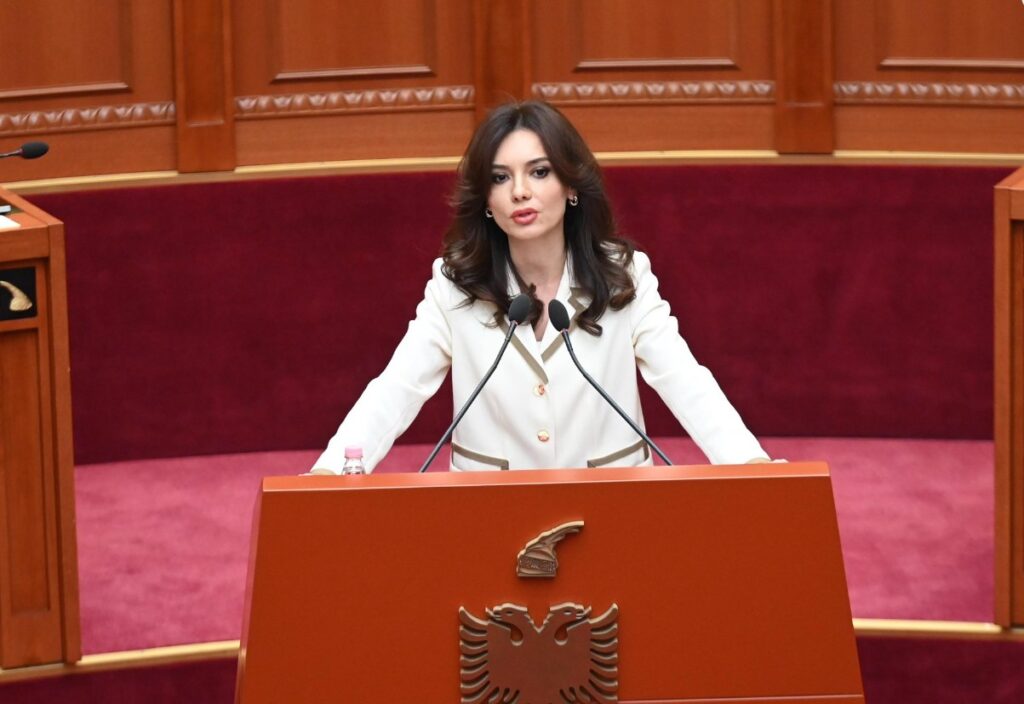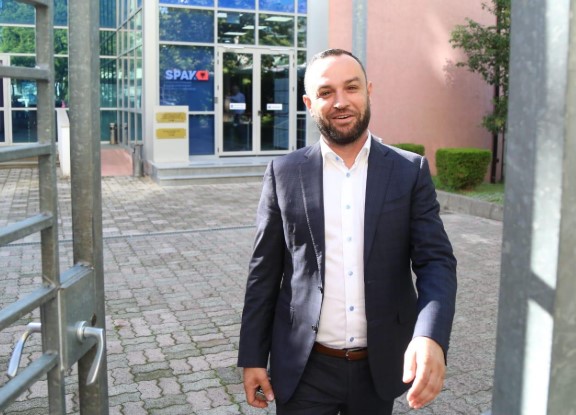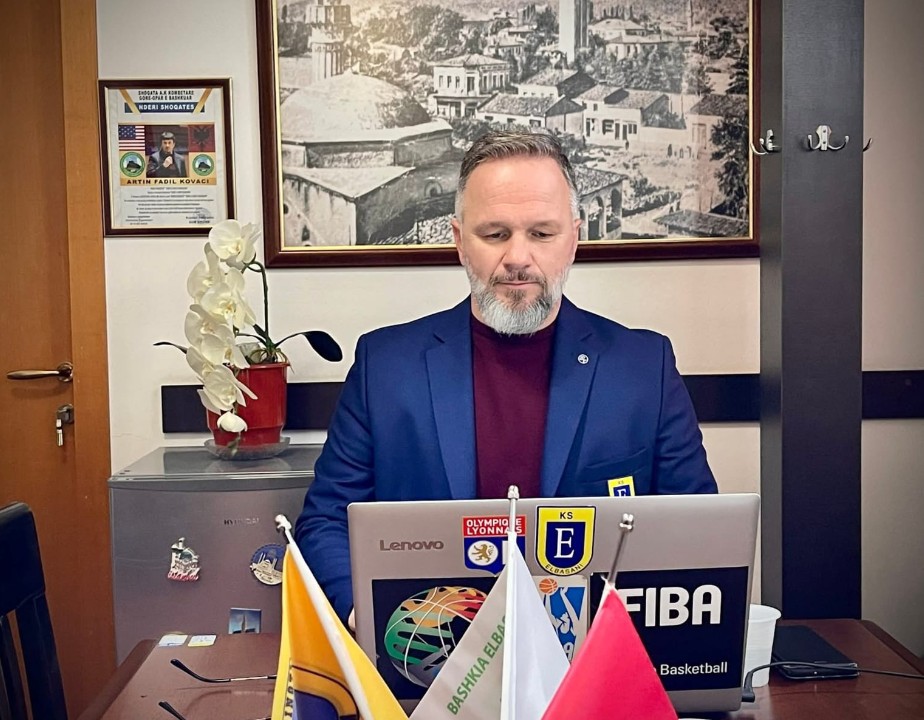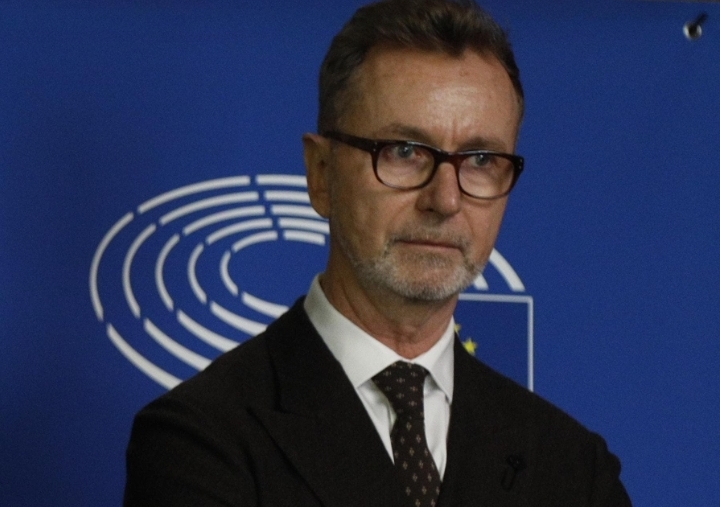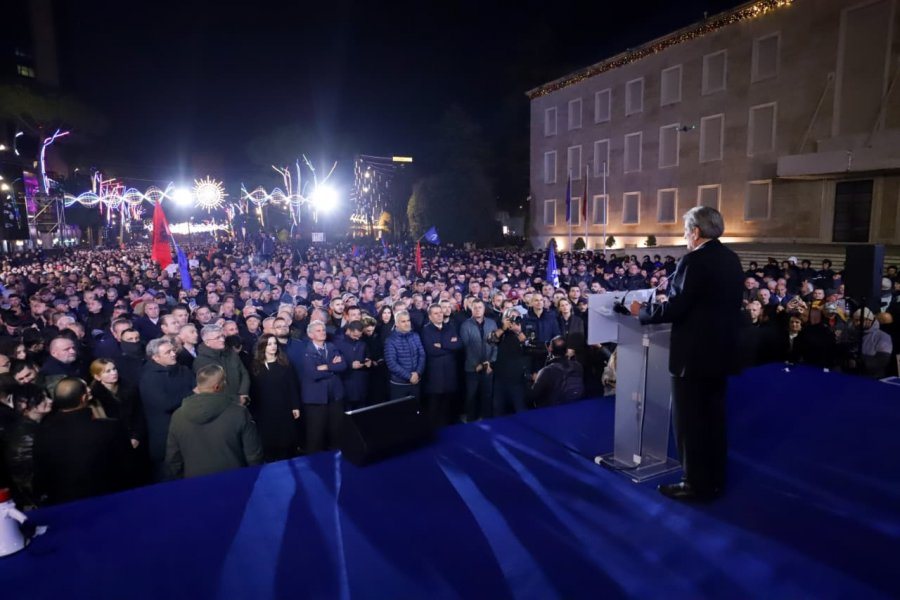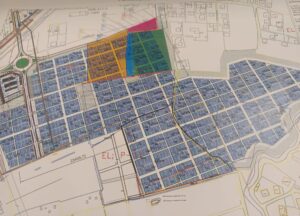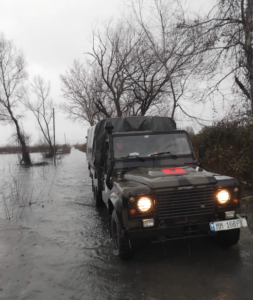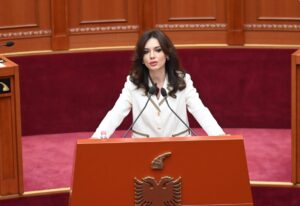Kelmendi shows why she is Kosovo’s best hope for Rio 2016 glory with Abu Dhabi victory
Kelmendi, forced to compete for Albania at London 2012, will travel to the Brazilian city as Kosovo’s best hope for a gold medal and showed in Abu Dhabi why she can expect plenty of global attention in the build-up to Rio 2016.
The world number one beat Romania’s Andreea Chitu, who triumphed at the most recent IJF Grand Prix in Tashkent, in a rematch of the World Championships final in Chelyabinsk this year.
Kelmendi easily escaped a risky uchi-mata attempt from Chitu before counter attacking with her own left-handed uchi-mata for waza-ari to add another major title to her collection.
Russia’s Natalia Kuziutina overcame Portugal’s Joana Ramos in the first bronze medal match before France’s Annabelle Euranie got the better of China’s Yingnan Ma in the second encounter.
The women’s under 48kg category saw Mongolia’s Urantsetseg Munkhbat prevail against Hungary’s Eva Csernoviczki in the final.
A first shido was given to Csernoviczki for not respecting the limit of the fighting area and a few seconds later the Hungarian was sent to the tatami with a precise ko-uchi-gari from Munkhbat for waza-ari.
Despite receiving a second and a third shido, the 2013 world champion maintained her advantage to cement her place at the top of the world rankings.
North Korea’s Kim Sol Mi beat Romania’s Violeta Dumitru in the second bronze medal match after Turkey’s Dilara Lokmanhekim had lost out to Guinea-Bissau’s Taciana Lima.
 Hungary’s Eva Csernoviczki (left), Mongolia’s Urantsetseg Munkhbat (centre, left), Guinea-Bissau’s Taciana Lima (centre, right) and North Korea’s Kim Sol Mi (right) clutch their under 48kg category medals ©IJF
Hungary’s Eva Csernoviczki (left), Mongolia’s Urantsetseg Munkhbat (centre, left), Guinea-Bissau’s Taciana Lima (centre, right) and North Korea’s Kim Sol Mi (right) clutch their under 48kg category medals ©IJF
Portugal’s Telma Monteiro and France’s Laetitia Blot fought for the gold medal in the women’s under 57kg category with the former coming out on top.
The overly passive Blot was penalised with a shido and as Monteiro put pressure on the French judoka, she scored a superb waza-ari after a combination with an ashi-waza technique.
Following some perfectly controlled ground work, the Portuguese immobilised Blot for ippon.
Austria’s Sabrina Filzmoser and Romania’s Corina Caprioriu took the bronze medals by defeating North Korea’s Ri Hyosun and Canada’s Catherine Beauchemin-Pinard respectively.
Meanwhile, in the men’s under 60kg category, Azerbaijan’s Orkhan Safarov secured his second Grand Slam title of the year, outdoing Mongolia’s Amartuvshin Dashdavaa in the final.
Both fighters received a shido each and another was given to Dashdavaa shortly before Safarov scored a waza-ari with an action-reaction movement.
Safarov’s compatriot Ilgar Mushkiyev beat Spain’s Francisco Garrigos in the second bronze medal fight after Dashdavaa’s fellow countryman Kherlen Ganbold had overcome Great Britain’s Ashley McKenzie.
Belarus’ Dzmitry Shershan needed just 45 seconds to immobilise Azerbaijan’s Tarlan Karimov for ippon in the men’s under 66kg final.
Germany’s Sebastian Seidl won the first bronze medal match at the expense of Russia’s Alim Gadanov before Canada’s Patrick Gagne defeated Slovenia’s Adrian Gomboc.
 Belarus’ Dzmitry Shershan beat Azerbaijan’s Tarlan Karimov after just 45 seconds in the men’s under 66kg final ©IJF
Belarus’ Dzmitry Shershan beat Azerbaijan’s Tarlan Karimov after just 45 seconds in the men’s under 66kg final ©IJF
Lisa Allan, the IJF competition manager, praised the United Arab Emirates Judo Federation’s organisation of the former Grand Prix event.
“There are a lot of improvements compared to last year,” she said.
“The hall looks fantastic.
“After this first day of competition, we can be really proud of the job done by everybody.
“If there are still some areas to be improved, we can confirm that this is a real Grand Slam and I am sure that next year it will be even better.
“Knowing that several years ago judo was not developed at all in the UAE, this is really impressive.
“The Organising Committee is keen to work in close cooperation with the IJF and this is appreciated.”
Watch the latest action on Judo TV here.
 KOHA JONË SONDAZH
KOHA JONË SONDAZH










